Understanding Cultural Differences: Health, Illness Perceptions
VerifiedAdded on 2023/06/12
|8
|700
|376
Essay
AI Summary
This essay explores the significant role of culture in shaping perceptions and responses to health and illness. It highlights how cultural backgrounds influence family, professional, and societal understanding of developmental disabilities and their treatments. The essay discusses the varying meanings of well-being, illness, and disabilities across cultures and time, noting potential disagreements between healthcare providers and patients regarding the reasons for care visits and overall health status. It emphasizes that many mental well-being care theories and practices have evolved from Western cultural traditions, potentially causing issues when applied to non-Western cultures without considering their complexities. The conclusion emphasizes the vast impact of culture on well-being, affecting perceptions of health, illness, and death, as well as beliefs about the causes of illness, approaches to health promotion, and preferred care treatments.
1 out of 8

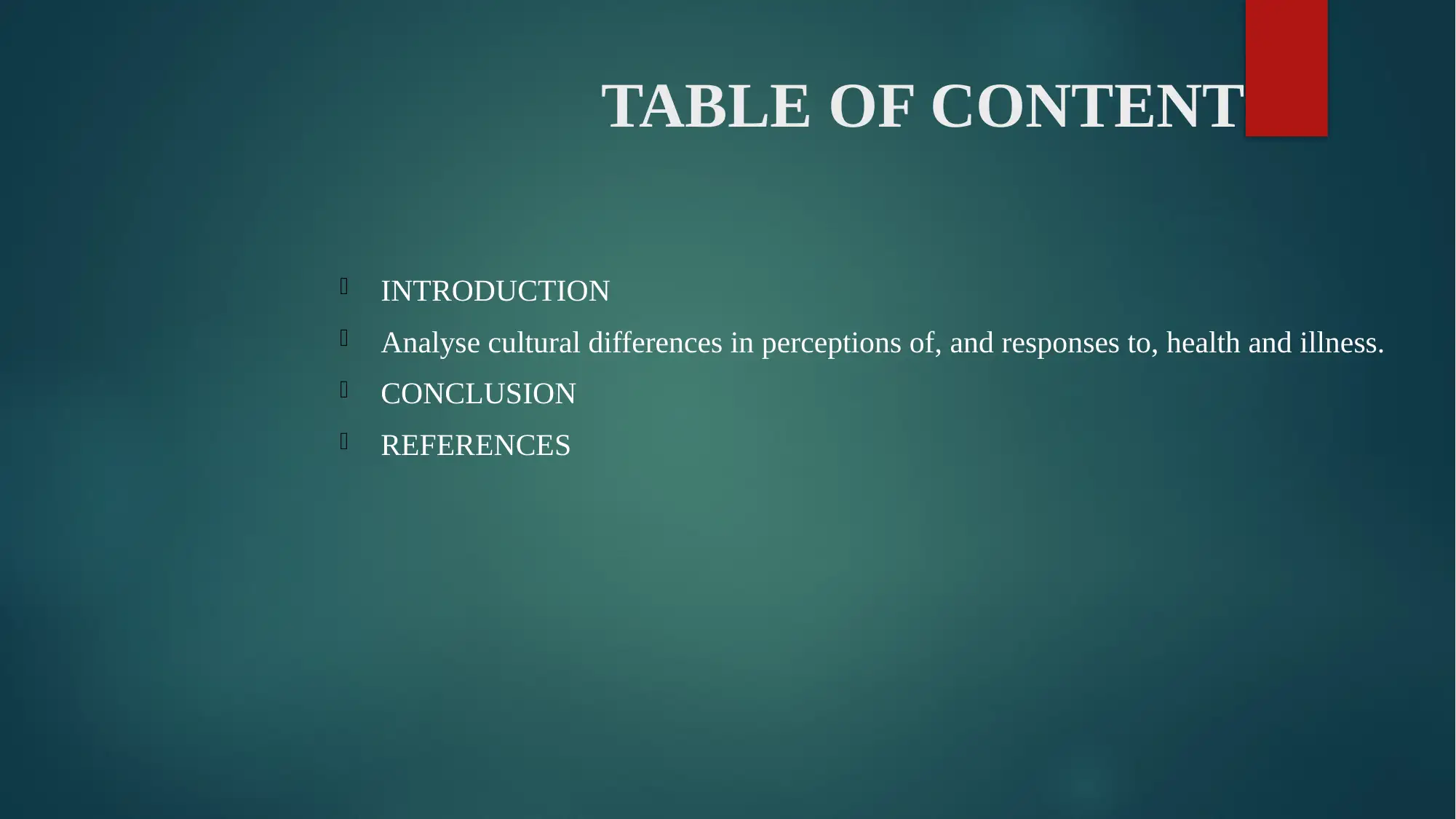
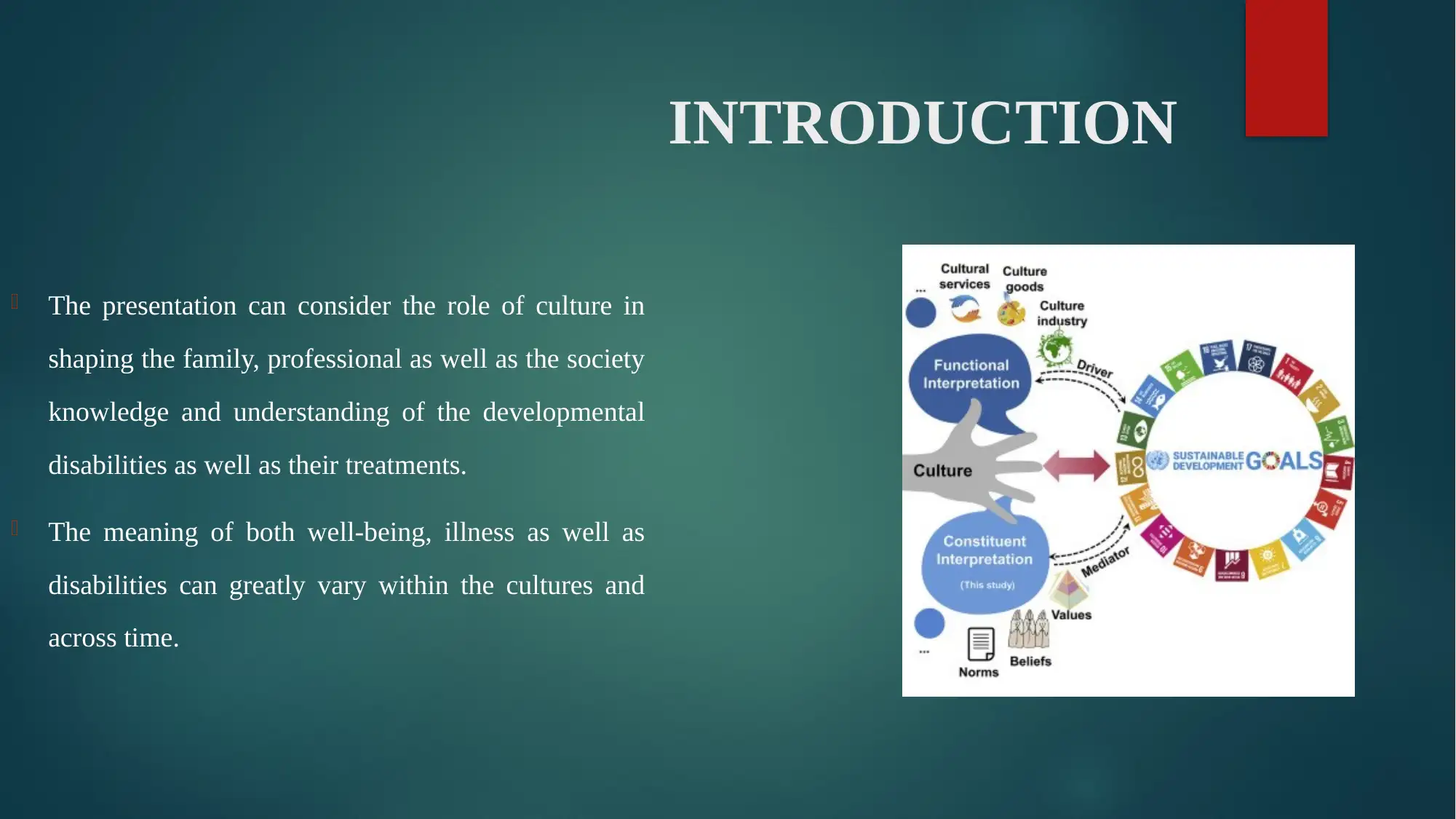

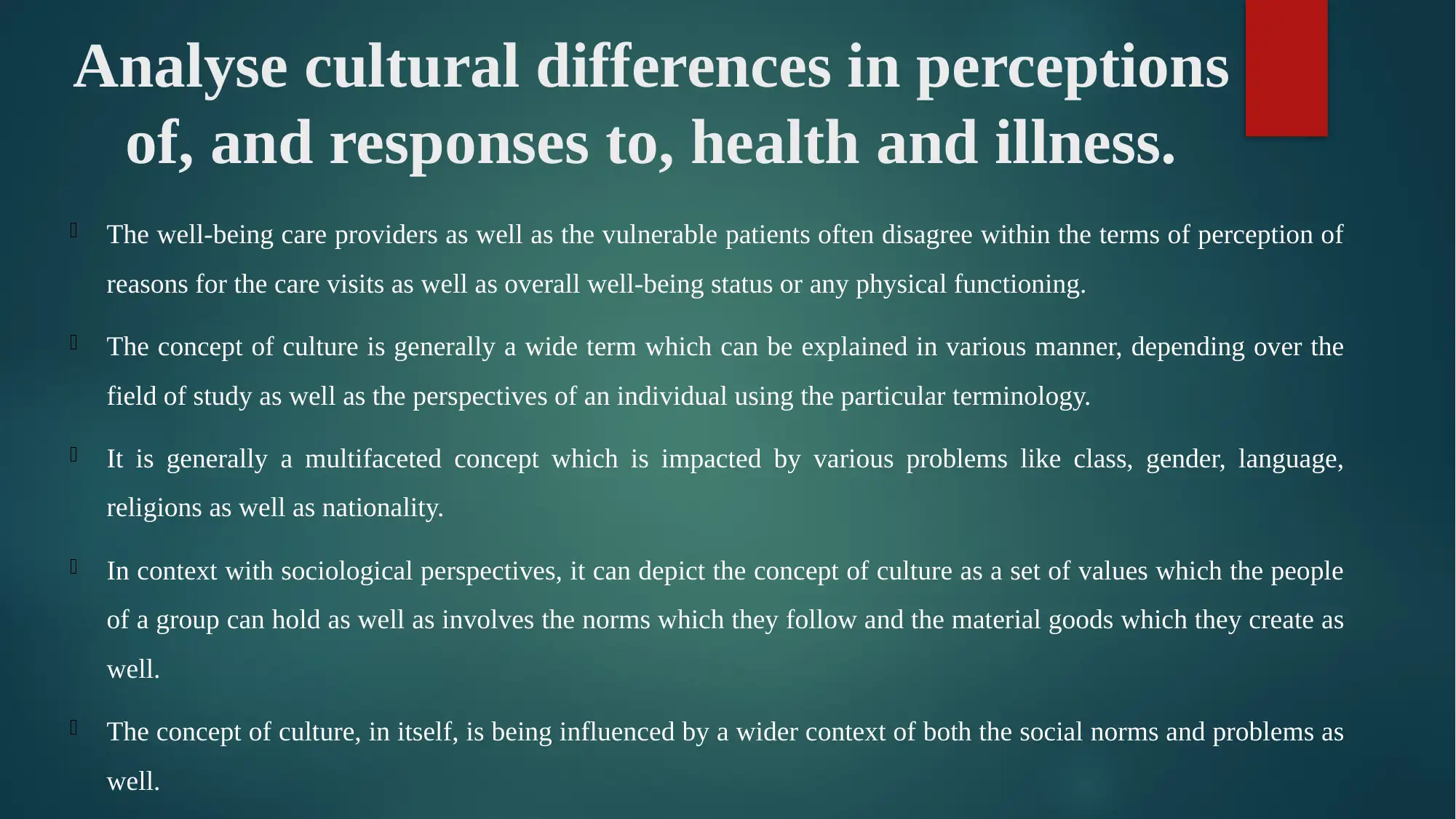
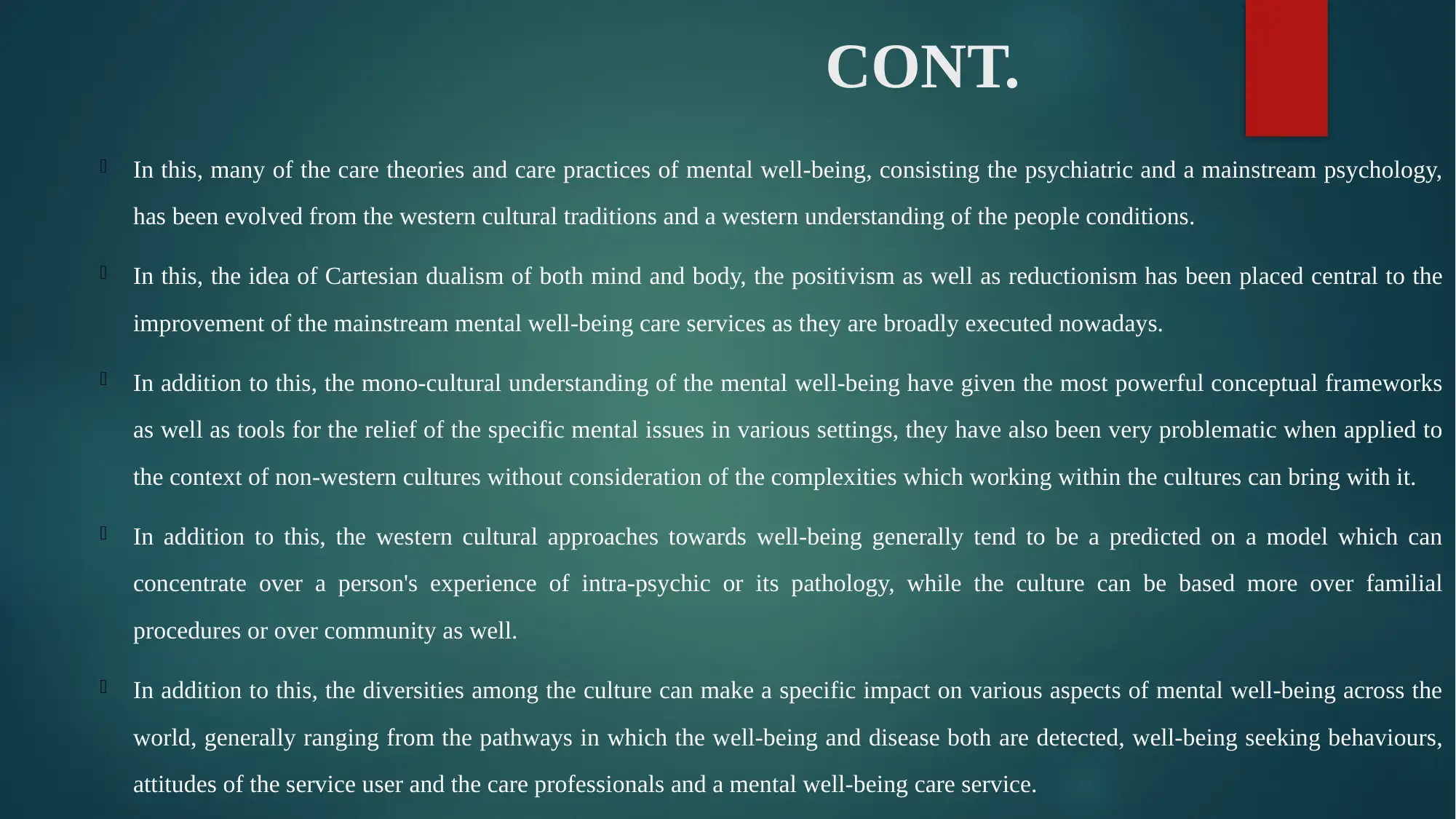
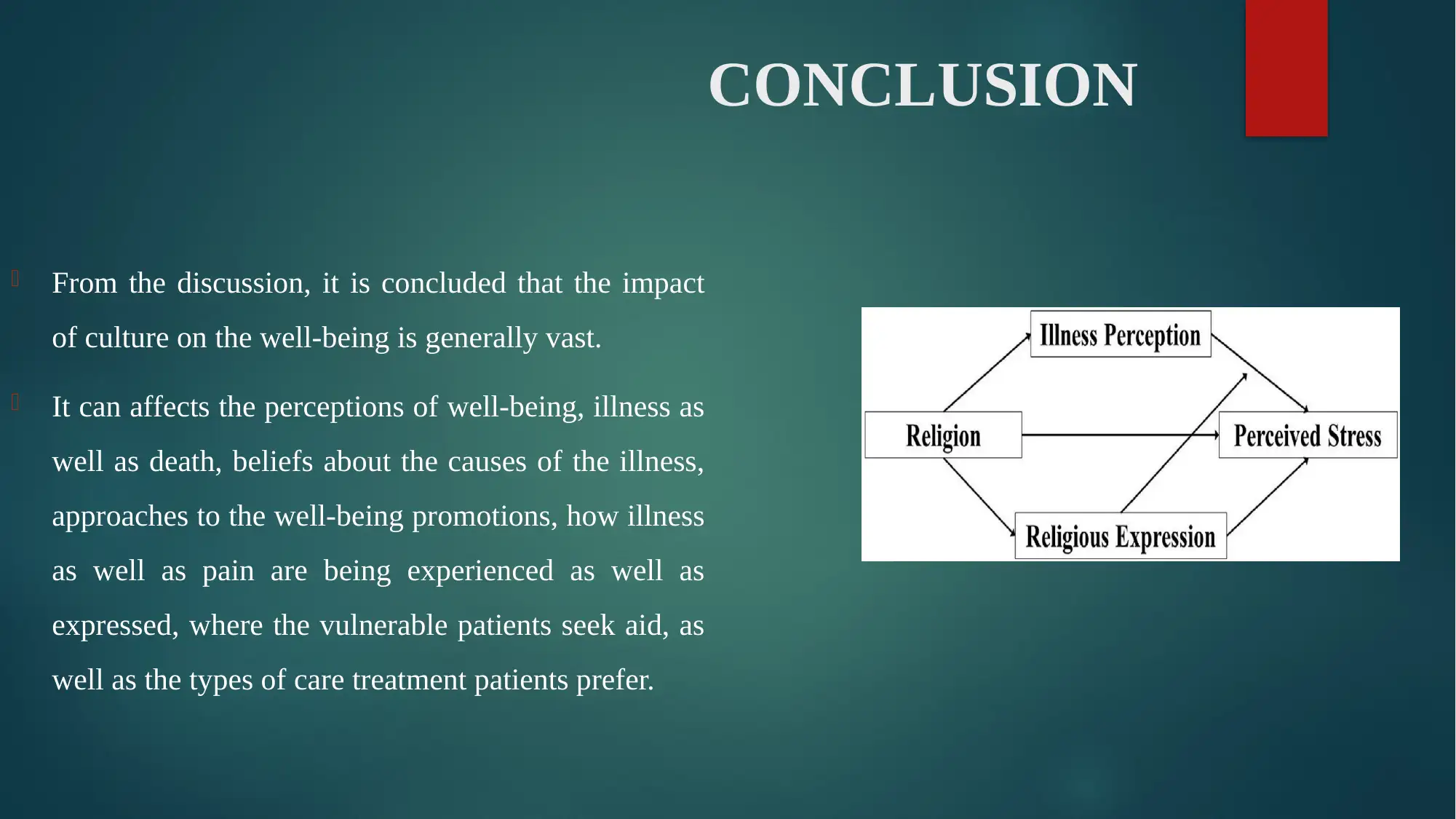
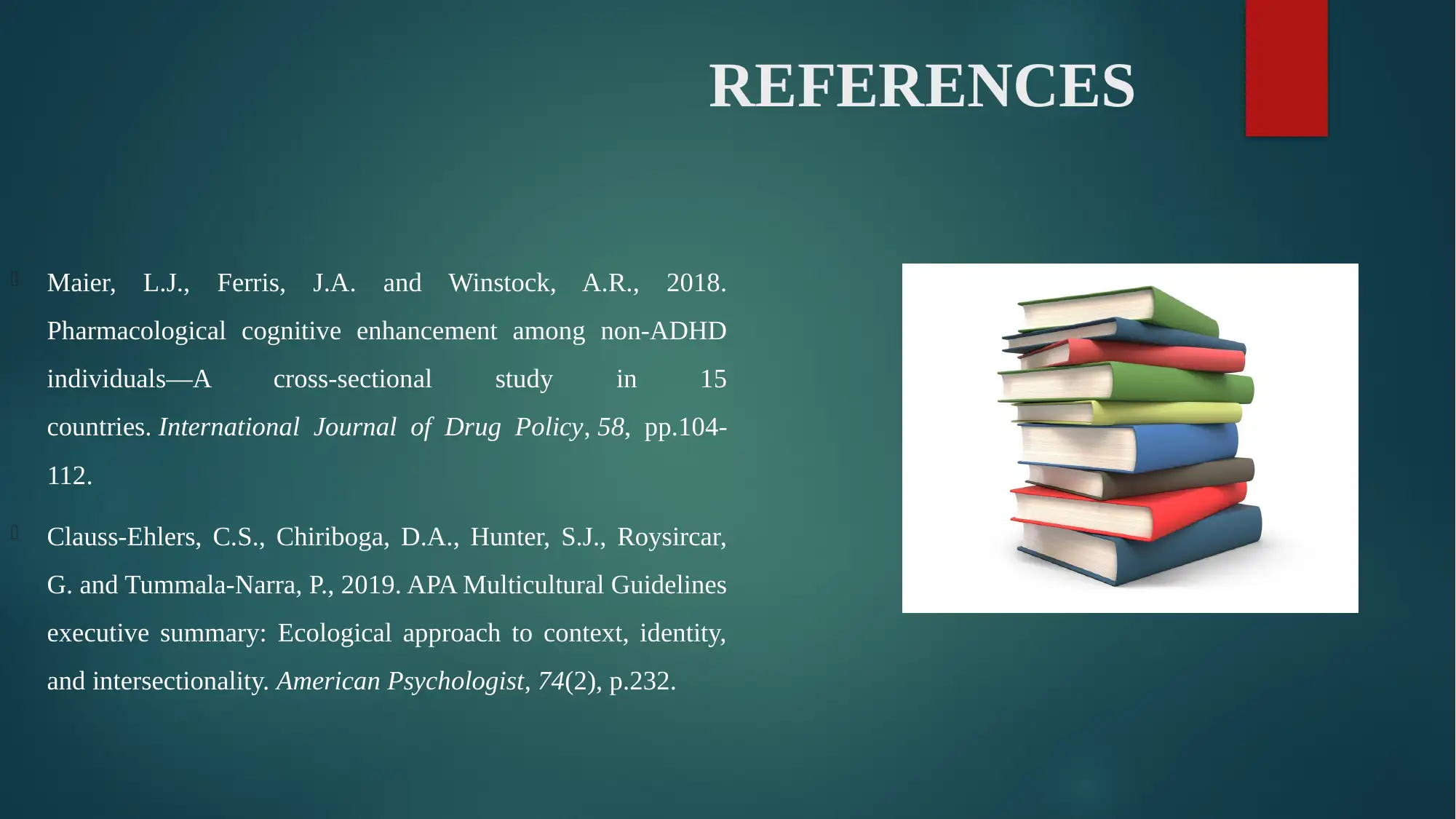







![[object Object]](/_next/static/media/star-bottom.7253800d.svg)